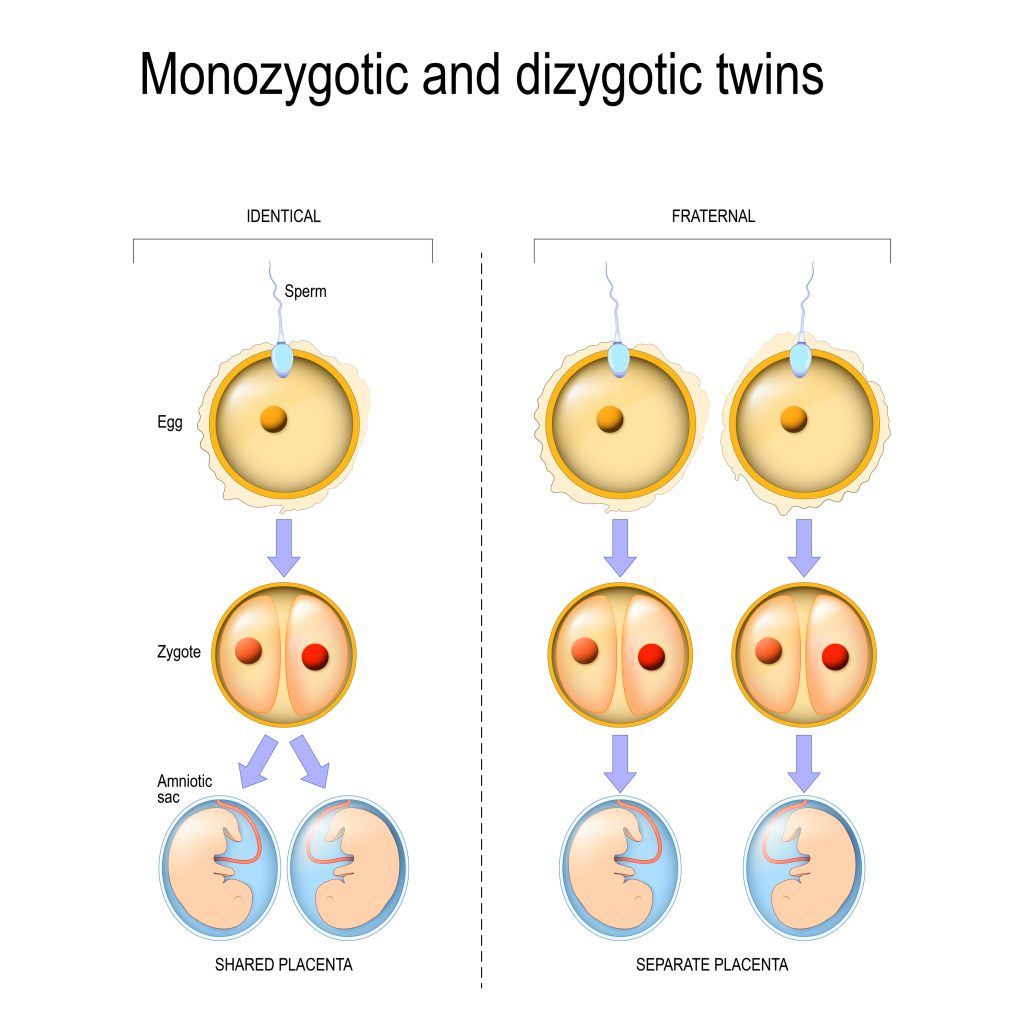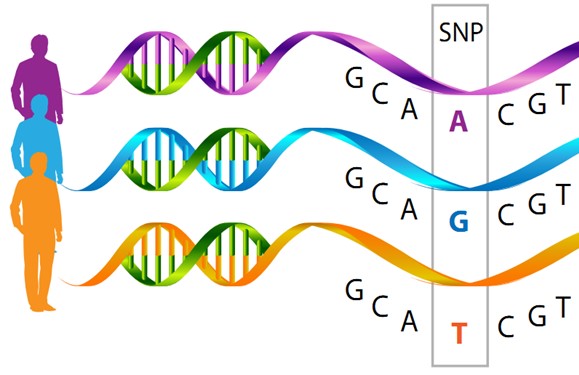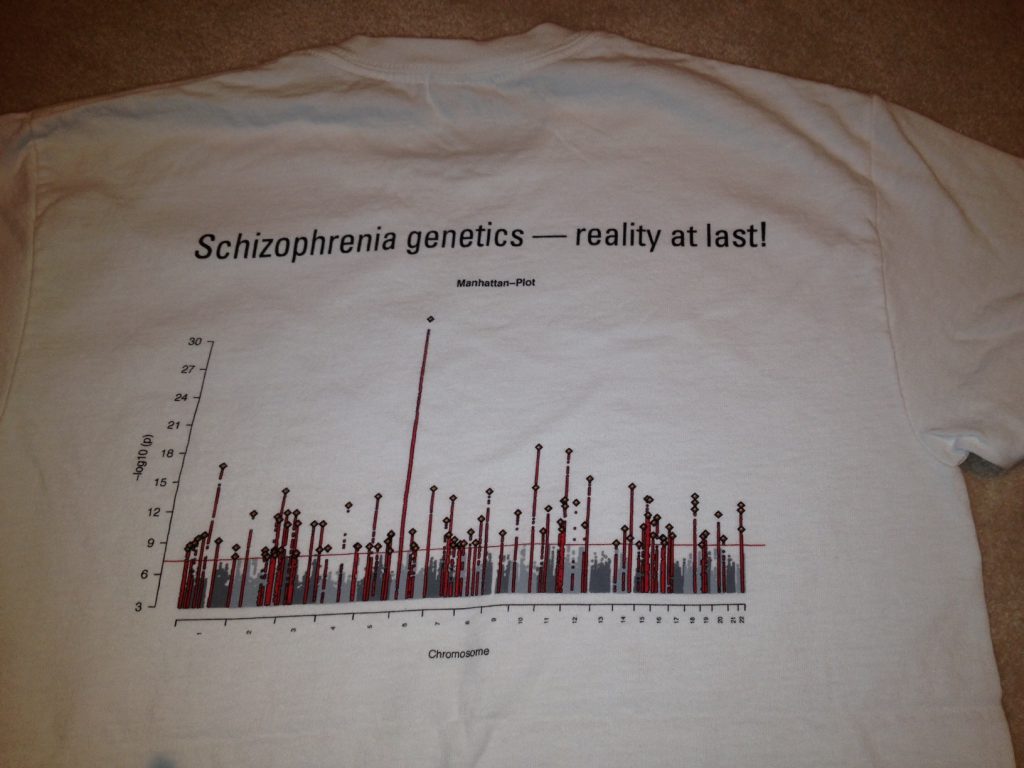
Objective Measures or Subjective Measures? In this week’s blog, we take a look at the difference between objective and subjective measures in capturing the impact of early life trauma on mental health. Psychological traumas are typically defined as experiences that cause actual or potential harm…










Recent Comments